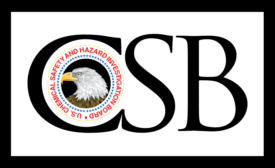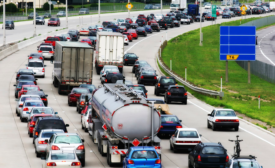News
CSB wraps up investigation into 2009 blast at petroleum facility in Puerto Rico
Report finds inadequate management of gasoline storage tank overfill hazard
October 22, 2015
A FairWarning story
For big railroads, a carload of whistleblower complaints
October 21, 2015
Become a Leader in Safety Culture
Build your knowledge with ISHN, covering key safety, health and industrial hygiene news, products, and trends.
JOIN TODAYCopyright ©2024. All Rights Reserved BNP Media.
Design, CMS, Hosting & Web Development :: ePublishing







